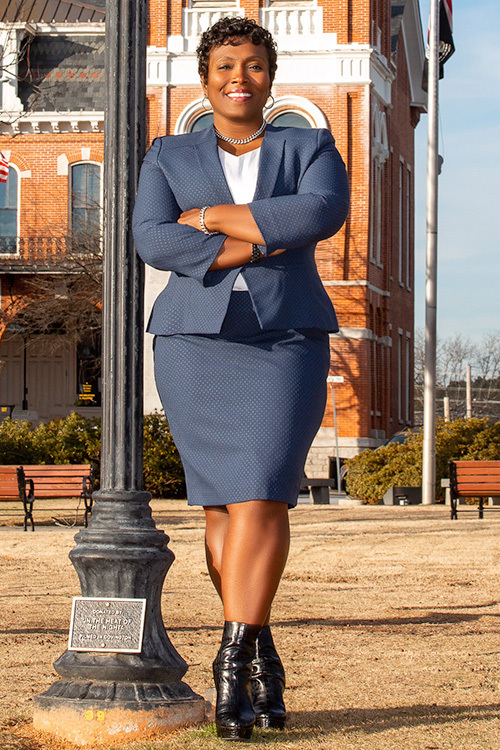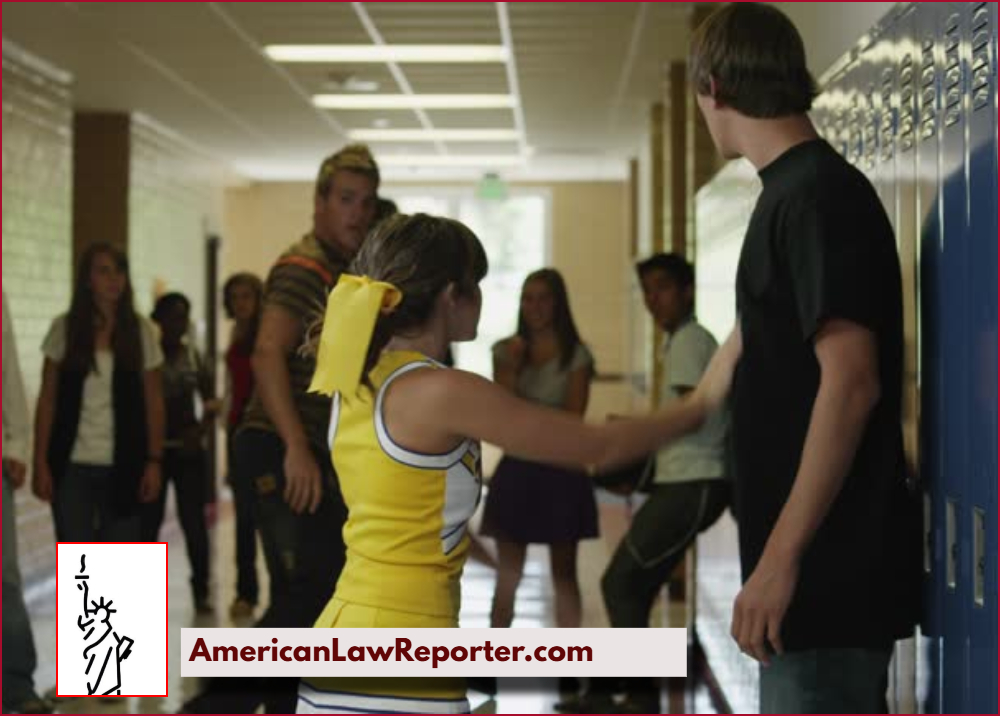Georgia-based attorney Stephanie R. Lindsey, Esq., has issued a strong advisory to parents: under current school policies, students can face suspension—even for trying to break up a fight.
In a recent legal explainer shared on her Instagram account, Lindsey addressed a recurring question she encounters in her practice: Can a student be punished for intervening in a fight to stop it?
“Yeah, believe it or not, this happens all the time,” Lindsey said in the video. “And the answer is yes.”
According to Lindsey, students who attempt to deescalate school fights often find themselves disciplined alongside aggressors, especially if school administrators or school resource officers interpret their actions through ambiguous video evidence.
“It never fails—there’s always going to be a video,” Lindsey said. “Depending on the angle of that video, it might look like your child was adding to the fight, not stopping it.”

Recording a Fight? That Can Lead to Suspension Too
Lindsey also warned parents that students who record fights on their phones—regardless of whether they participate—can face suspension under many school district policies.
“If your child is videoing a fight, they can be suspended as well,” she noted, citing increasingly common rules targeting bystander behavior and viral sharing of school altercations.
Legal Consequences: Potential Felony Charges for Older Teens
Perhaps most alarming, Lindsey reminded families that students 17 and older may be subject to adult criminal prosecution depending on the jurisdiction. In some states, being involved in or contributing to a school disturbance—no matter how minor—can rise to the level of a felony offense.
“Tell these kids to get away from the fight when the fight happens,” she urged. “If they’re 17, they could be charged as an adult. And in some jurisdictions, school disturbance is considered a felony.”
Legal Guidance in a Zero-Tolerance Era

Lindsey’s legal commentary reflects growing public concern about how zero-tolerance school policies and surveillance (via phones and security cameras) are criminalizing student behavior, sometimes without clear regard for intent.
As more schools adopt blanket discipline approaches, Lindsey encourages parents to educate their children on how to stay safe legally, even in emotionally charged situations.
“Walk the other way,” she said. “It’s not worth it.”
For Legal Professionals and Parents
Stephanie R. Lindsey, Esq. is a practicing attorney in Georgia who frequently provides public legal education on social media. Her insights highlight the intersection of education law and juvenile justice, especially relevant for attorneys handling student discipline, school policy, or youth criminal defense.
Parents who believe their child has been wrongfully disciplined or charged in connection with a school fight are encouraged to seek legal representation and understand their jurisdiction’s education and juvenile criminal statutes.

